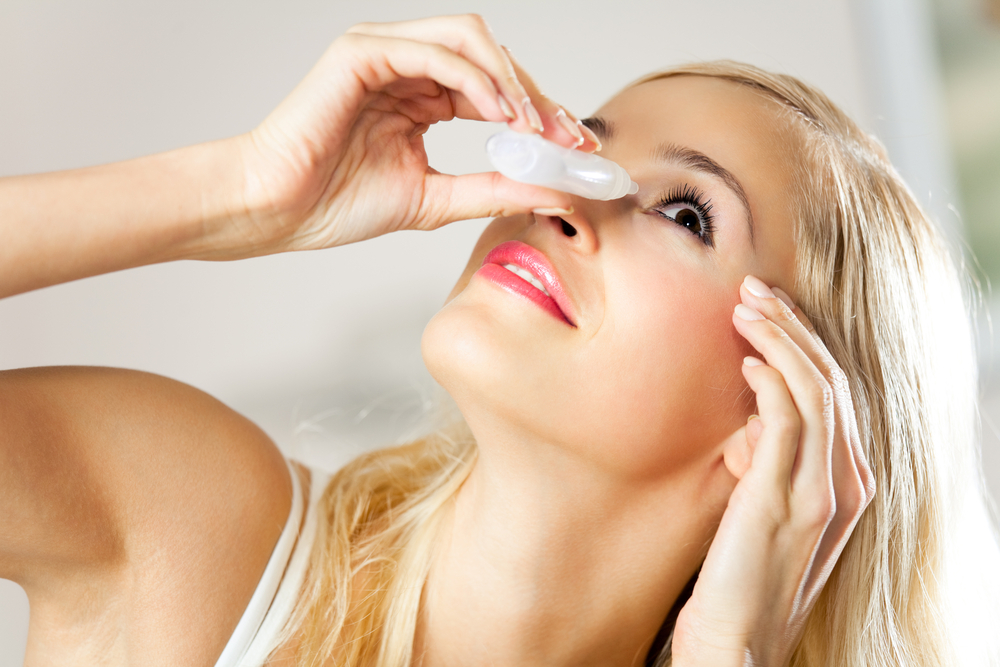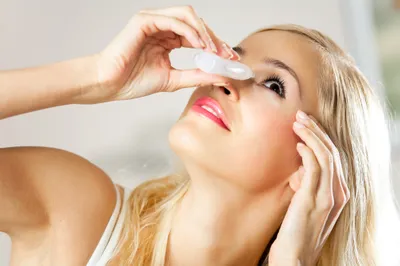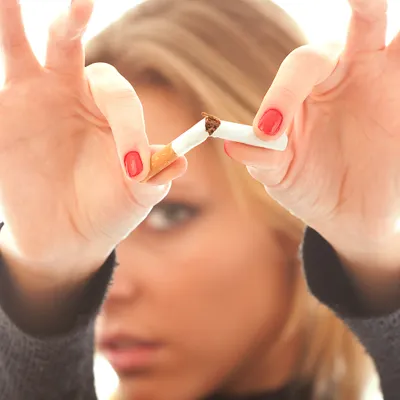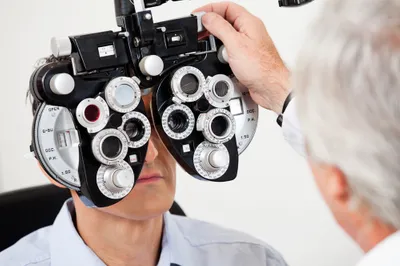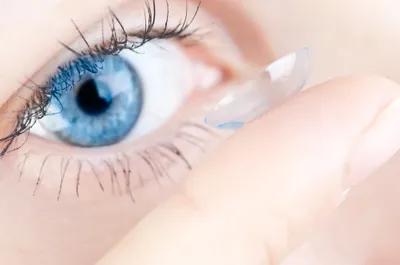We do so much for our health—below the neck! We go for daily run to keep the pounds off our thighs, we eat fiber to ensure good digestion, and we get massages to soothe back pain.
But what do we do that’s good for the health of our eyes?
Here are eight eye-opening vision tips to protect and preserve our vision…
1. Moisten and Lubricate
You preform regular oil, lube, and filter on your automobile, well your peepers could do with a regular eye lube too! Dry eyes are a nuisance as we age and this occurs as natural levels of water, mucus, and oil decrease in production. If you experience dry eyes, keep them protected from irritation and tearing by coating them with artificial tears.
2. Butt Out
You already know that smoking negatively affects your lungs, leaving your prone to bronchitis and lung cancer. However, yet another reason to butt out is that it also negatively affects the health of your eyes—causing macular degeneration, cataracts, and optic nerve impairment.
3. Get Regular Eye Exams
You get a regular physical to ensure the rest of your body is running smoothly, but what about your eyes? An eye exam (every second year) or a trip to the optometrist as issues arise is vital—especially if an exam catches the early stages of conditions like glaucoma and macular degeneration, which can be almost totally averted by early diagnosis.
4. Give Those Eyes a Rest
Taking yoga and getting regular massages provides a little rest and rejuvenation for a tried back or heightened stress level. Well, your eyes can always do with a well-deserved break as well. After all, long hours of computer work followed by an evening of television watching or gaming means your eyes are on constant overtime without a break, which can damage your vision over the long term.
5. Wear Sunglasses
Not only do sunglasses ward off the early development of crow’s feet (those fine lines and wrinkles around the eyes); they also block and prevent the damage of harmful ultraviolet rays. Grab a pair of sunglasses with a minimum of 100 percent UV protection to prevent cataracts and macular degeneration, and also wear a hat with a wide-brim to add further protection on bright days.
6. Don Protective Eye Wear
Other than sunglasses on a bright day, protective eyewear is a must if you’re working construction, manufacturing, or with tools where debris is flying around. Wearing eye protection (or a face mask) can also save your vision if you play contact sports.
7. Keep Contacts Clean
Contacts are convenient, but they are often rampant with bacteria if worn longer than prescribed (overnight) or not cleaned properly. That’s why it’s vital to keep your contacts (and all handling tools including hands) clean, and also to avoid popping in contacts if your eyes are red or irritated to avoid exacerbating an issue (i.e., conjunctivitis).
8. Eat for Eye Health
You know that Bugs Bunny favorite carrots for his bright eyes, but many foods—such as spinach, kale, and collard greens) are also high in vitamin A to support retinal health. Equally beneficial are foods high in omega-3 fatty acids (or good fats), like fish and flax.
